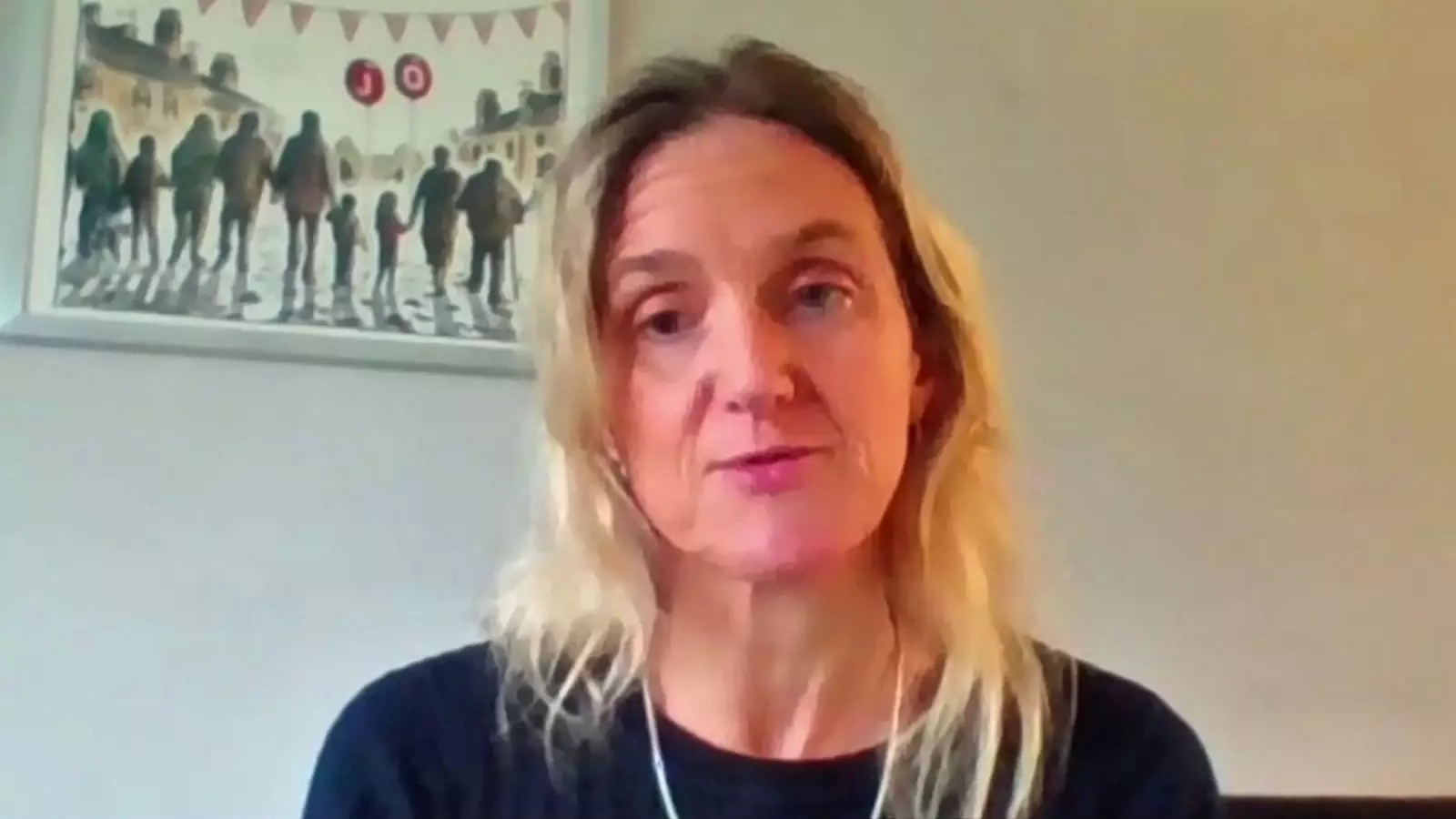The discussion surrounding assisted dying has long been a contentious issue in the UK, stirring deep philosophical, ethical, and emotional sentiments among citizens and lawmakers alike. Recently, Labour MP Kim Leadbeater has been at the forefront of a proposed bill that aims to legalise assisted dying for terminally ill patients. This initiative has ignited spirited debates about the morality, necessity, and implications of allowing individuals facing life-limiting illnesses the option to end their suffering. A major concern raised by Justice Secretary Shabana Mahmood is the potential for a ‘slippery slope’ towards a culture of “death on demand,” casting a shadow over the proposed legislation.
In the face of skepticism from her peers, Leadbeater has expressed a significant level of respect for Mahmood while firmly disagreeing with her viewpoint. Such discussions are crucial, as they reflect a broader trend of grappling with differing perspectives on life and death issues. While Mahmood emphasizes the sanctity of life and the dangers of state-sanctioned mortality, Leadbeater asserts that the safeguards embedded in her bill are robust enough to prevent any unintended consequences. The recurrent phrase “death as a service” underlines the anxiety that many lawmakers and constituents feel when confronted with the possibility of legalizing assisted dying.
Leadbeater seeks to clarify misconceptions surrounding her bill. Dubbed the Terminally Ill Adults (End of Life) Bill, it is clearly directed towards those with terminal illnesses who are nearing the end of their lives. The proposal mandates the involvement of two medical professionals and a High Court judge to ensure a stringent approval process, thus distancing the legislation from any notion of casual or irresponsible death requests. This structured approach is intended to reassure critics that the bill does not pave the way for a wider acceptance of assisted suicide beyond its intended demographic.
Coalition of Perspectives within the Labour Party
The debate is not merely an external clash of beliefs; it has also rippled through the Labour Party, illustrating the varied stances that exist even within political confines. Prominent figures, like Labour peer Charlie Falconer, have asserted that Mahmood’s interventions might be more reflective of personal religious convictions rather than a reflection of the collective will of the party or society. Such assertions spotlight the challenges faced by political discussions about moral issues, where personal beliefs can heavily influence policy discussions.
Leadbeater recognizes that religion plays a significant role in the assisted dying conversation, acknowledging that some individuals firmly oppose legislative changes due to their faith. This honesty prompts a vital question: how can a modern society reconcile deeply held religious beliefs with the push for progressive changes in legislation, particularly in matters as sensitive as end-of-life options?
As the Commons prepares to deliberate the Assisted Dying Bill for the first time in almost a decade, it’s imperative to recognize this moment as neither an end nor a beginning, but rather a necessary conversation. The bill stems from a foundational intent to provide terminally ill patients—those facing unbearable pain and a bleak prognosis—with a choice that respects their autonomy.
Leadbeater’s unwavering confidence regarding the safeguards established in the legislation illustrates her commitment to ensuring that the bill promotes dignity in death without crossing ethical lines. Her assertion that she has “no doubts” about the proposal underscores a carefully constructed framework aimed at preventing abuse while aiding those in incredible pain. This conviction is essential as it fuels the dialogues that society needs to navigate such pressing issues.
Ultimately, the assisted dying discourse encapsulates broader societal values regarding compassion, personal choice, and the nature of suffering. The pressing question remains: how do we, as a society, balance empathy for those in distress with a framework for ethical decision-making in the context of assisted dying? As legislators prepare to vote, the implications of their decisions resonate beyond parliamentary chambers, directly affecting the lives of countless individuals grappling with terminal illnesses, thus making it crucial that the discourse continues respectfully and thoughtfully.

Leave a Reply